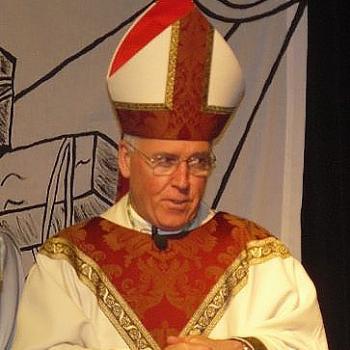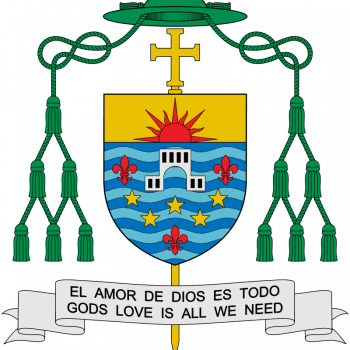The changes received overwhelming approval, but not everyone is completely on board, according to CNS:
Introducing the document to the bishops June 15, Bishop Cupich said the experiences of the past nine years have shown that “the charter works.”
“The charter has served the church well,” he said. “It is a helpful tool as we keep our pledge to protect children, promote healing and rebuild trust.”
The proposed revisions reflect changes in church law since the last revision in 2005, bringing it in line with recent Vatican instructions in response to the crisis of sexual abuse of minors by priests. These include mentioning child pornography as a crime against church law and defining the abuse of someone who “habitually lacks reason,” such as a person with mental retardation, as the equivalent of child abuse.
They also outline procedures to follow if a bishop is accused of having sexually abused a child and another bishop becomes aware of it.
Bishop Cupich said the recent Vatican documents related to sex abuse have “reinforced the commitment we bishops made in 2002.”
“They are also a source of encouragement that the decisions we made are making a positive impact on the universal church,” he added.
There was little debate on the proposed revisions before the vote. But not every bishop is on board with the charter’s provisions, as evidenced by the 28 amendments proposed by Bishop Fabian W. Bruskewitz of Lincoln, Neb., and rejected by the committee.
Most of the amendments suggested by Bishop Bruskewitz were aimed at weakening the charter’s wording because, the bishop said in a rationale included with the amendments, “The USCCB bureaucracy cannot bind bishops to obey the charter.”
“It is fundamentally dishonest to tell the faithful and the general public that the USCCB has any authority whatsoever to bind dioceses/eparchies to obey the charter,” Bishop Bruskewitz wrote. “The more commitments, the more grounds for lawsuits.”
Retired Archbishop Francis T. Hurley of Anchorage, Alaska, also raised questions June 16 about the “zero tolerance” policy outlined in the charter, which requires the permanent removal of any priest who admits or is found to have abused a child.
The archbishop said a zero-tolerance policy is contrary to the Catholic principles of reconciliation and forgiveness, treating every case “as if everyone is the same type of person, and they are not.”
He said Catholic priests and laypeople are experiencing “anger at the bishops at the way we have failed to handle this situation, and we need to start handling it.”
Bishop Cupich said the charter does not affect the spiritual value of reconciliation, but “the sacrament of reconciliation does not lift the penalty against crimes.”
Responding further at the news conference to Archbishop Hurley’s remarks, Bishop Cupich said the zero-tolerance policy is “not just effective, but necessary” for a variety of reasons.
“We bishops learned the hard way, by following the advice of the world of psychology,” that abusers cannot be allowed to return to ministry, he said. “It was bad advice, and children were put in harm’s way,” he added. “We just cannot take that chance.”
Read more, along with additional details, here.











